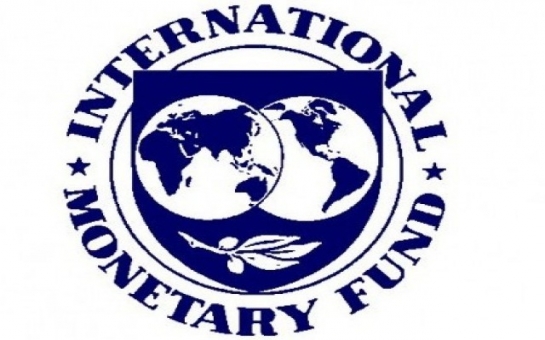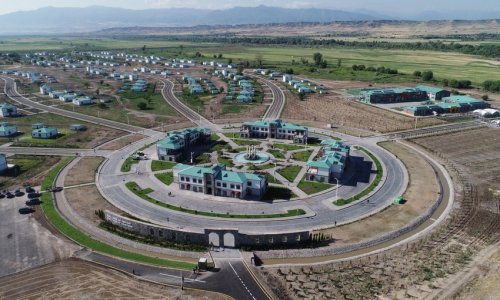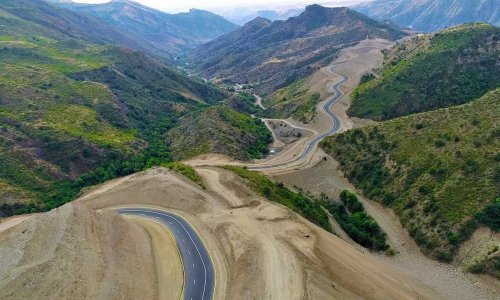Although the government has passed measures aimed at increasing investment opportunities for domestic and foreign investors in the non-oil sector, the business environment for those outside the energy sector remains weak. The poor legal system, weak competition and limited access to finance will hold back non-oil growth.The IMF released a press statement following its Article IV consultations with the Azerbaijani authorities on June 2nd. The Fund was largely positive regarding the development of the economy over the past year, and anticipates that if the authorities continue their policies growth of 5% can be achieved this year, slowing moderately to 4.6% in 2015. The IMF has thus kept its 2014 forecast for the country unchanged. Output from the oil sector, which until recently had been the main driver of growth, has plateaued, and the sector is unlikely to contribute to economic expansion. However, the Fund anticipates that 8% growth in the non-oil sector will prevent a substantial deterioration in the real economy in 2014 and over the forecast period.Initial figures for the first four months of the year show that the non-oil sector grew by 9% year on year, while the oil sector recorded a contraction of 3.2%. Nevertheless, we regard the IMF's short-term growth forecast as overly optimistic, and currently project average growth of 4% in 2014-15. There are two main reasons for this. First, the direct impact that a decline in oil sector output and profitability would have on the wider economy remains unclear. According to the World Bank, the non-oil economy grew at an annual rate of 11.1% year on year in real terms in 2002-10. However, much of this rapid growth took place in sectors such as construction and transportation, and was driven by investment in the oil sector, as well as the multiplier effect of rapidly rising wages and profits.In 2009-13, when the oil sector was hit first by a sharp fall in prices and then a gradual decline in output, real annual growth in the oil sector averaged 8%. There is therefore a risk that the ongoing decline in the oil sector may further depress the growth rate in the rest of the economy.Second, domestic consumption will be hit by a sharp slowdown in government expenditure, which is projected to rise by just 4% this year. This is owing to the government's plans to reduce its reliance on transfers from the State Oil Fund of the Republic of Azerbaijan (SOFAZ) to fund current spending. In 2014 the government has reduced the amount it will transfer from SOFAZ to Manat9.4bn (US$12bn), from Manat11.4bn in 2013. Reducing government spending will have a negative impact on domestic demand. At the same time, we expect consumer borrowing to fall this year as banks impose tougher lending conditions. Taking into account the high base year for private consumption, we expect the real growth rate of both household and government expenditure to slow significantly this year.(Economic Intelligence Unit)Bakudaily.az
IMF optimistic about 2014-15 Azerbaijan growth prospects
Business
14:00 | 11.06.2014

IMF optimistic about 2014-15 Azerbaijan growth prospects
The IMF's latest Article IV consultations on Azerbaijan highlighted the country's growing importance as an energy supplier to Europe and the efforts recently made by the government with the aim of diversifying the economy. Boosting the importance of the non-oil sector is one of the authorities' main policy goals under its strategic economic and social programme, "Azerbaijan 2020: vision into the future".
Follow us !










